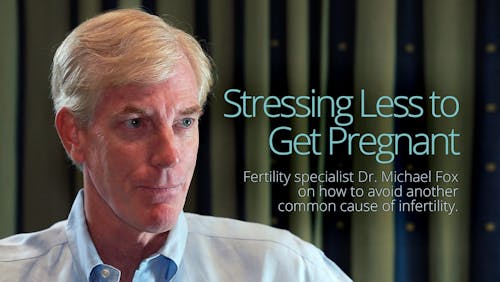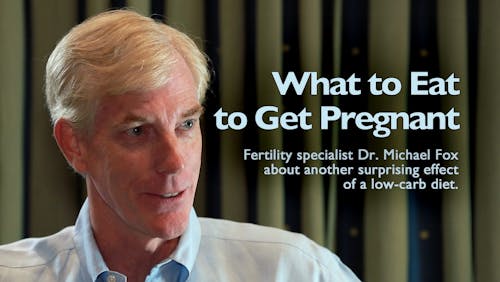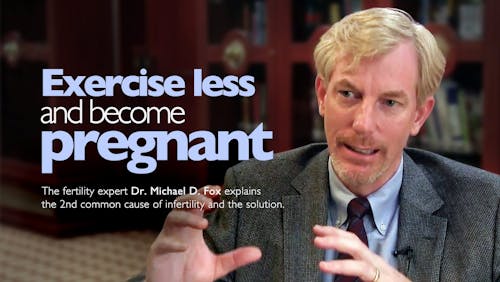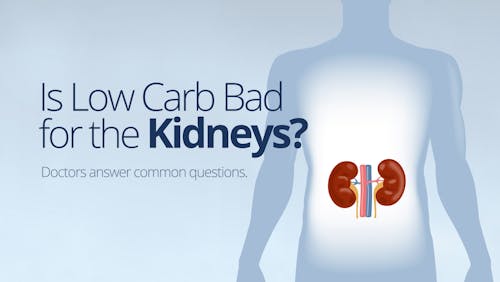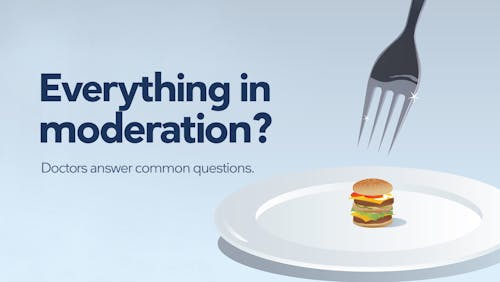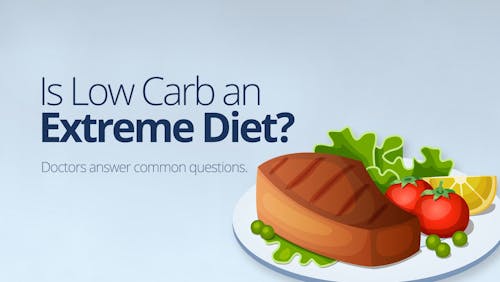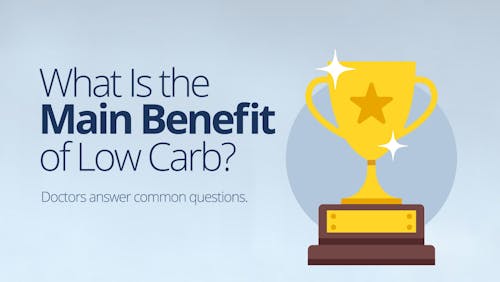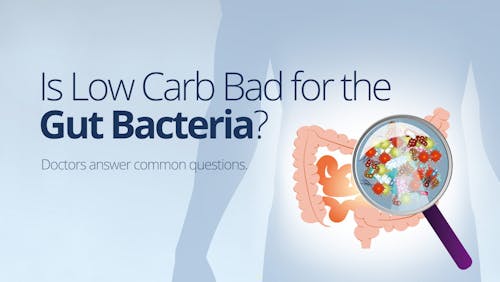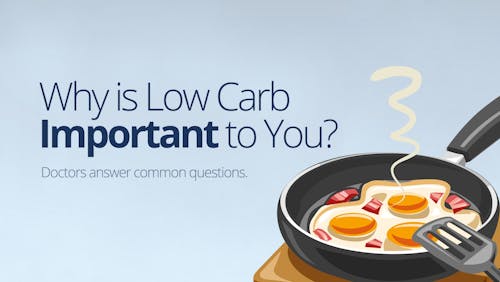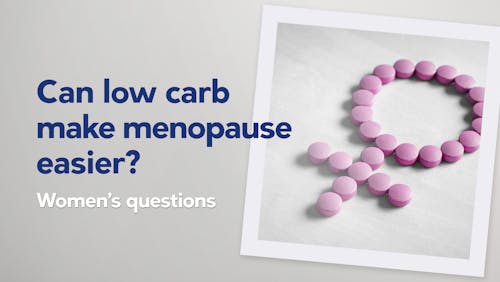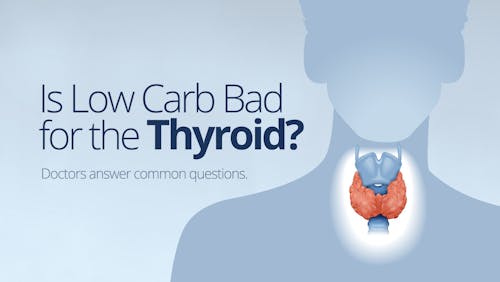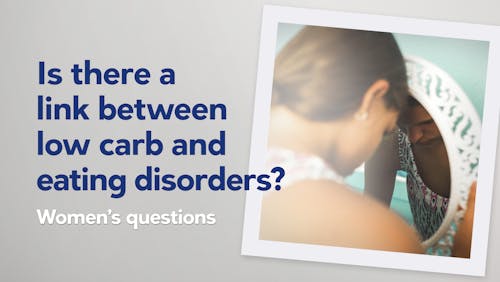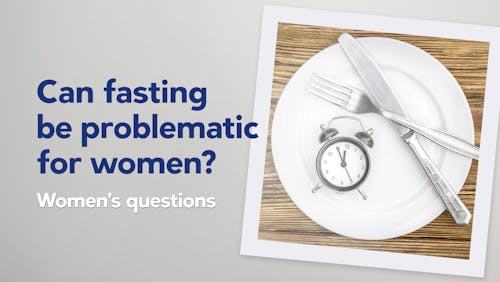Can you switch to a low-carb diet during pregnancy?

How many carbs, protein and fat should you eat each day on a keto diet?
Get the answer to this and other questions – can you switch to low carb during pregnancy? And do women really NEED starchy vegetables to ovulate? – in this week’s Q&A with the fertility specialist Dr. Fox:
Changing to low carb during pregnancy?
Hi Michael!
Is it OK to switch from high carb to low carb during pregnancy at 19 weeks? We were low carb prior and my partner went back to high carb but needs to be careful of weight gain.
Any suggestions or concerns about switching back?
Cheers,
Justin
Dr. Fox:
Although we don’t have clear evidence one way or the other, I do not see any problem with low carb or ketogenic diets in pregnancy. Just remember to eat more frequently in pregnancy to avoid hypoglycemia. I usually recommend every two hours, especially in the first two months.
Good luck and congratulations.
Read more: Is low carb and keto safe during pregnancy?
How many carbs, protein and fat to eat each day?
For a person who weighs 99 kg (218 lbs) and is 184 cm (6 feet) tall, how much protein, fat and carbs do you recommend daily on keto and LCHF?
Thanks,
Zohal
Dr. Fox:
80 to 120 g of protein, 20 g or less of carbs is ideal and the balance of calories in fat.
Your system can tolerate extra calories, and calories would be dependent somewhat on activity levels.
An average male would need roughly 2000-2500 calories and add a few hundred for increased activity levels.
Do women really NEED starchy vegetables to ovulate?
I feel great on a keto/LCHF diet. I’m 33 and lean (21% bf) and active (weightlifting). I’ve had non-obesity PCOS (acne, androgenetic alopecia, carb sensitivity) for 20 years and keto/LCHF takes care of ALL its symptoms without the need for drugs so I love it.
However, there’s so much discussion assuring that women absolutely NEED healthy starchy carbs (sweet potatoes, yucca, green plantatins, white rice) daily to assure ovulation! What I’ve gathered is we need not much but around 150 g carbs a day to ovulate. I don’t consider that low carb (I eat around 20-50 g a day all coming from abundant leafy veggies and traces from other keto foods).
But is 150 g of starchy carbs still considered LC by you and your practice? And would you recommend it to recover from hypothalamic amenorrhea? Or do you find best we steer clear of (‘healthy’) starches? I consider you the doctor with the most experience in getting women to ovulate on LCHF! So what’s your experience with this dichotomy?
Many thanks doc!
X
Dr. Fox:
Wow, I haven’t been faced with that dogma for ovulation. You sound like a very athletic person and may have created hypothalamic dysfunction in your past with excessive aerobic exercise (weight lifting can be very aerobic in most settings) and being underweight in a high-carb environment in your pre LCHF days. This insult to your system can become permanent and the clinical features are those of lean PCOS with HA symptoms. You may have insulin resistance or you may suffer from a pure hypothalamic dysfunction. Many patients never recover normal ovulation even with a perfect ketogenic diet.
To answer your question, I absolutely do not believe that carbs are necessary to ovulate. We promote a 20 g of carbs or less approach for all our fertility patients. Some people who are not truly insulin resistant can tolerate maybe 30-40 grams of carbs without increasing their insulin responses.
The reason lean, hypothalamic women have HA is because the perceived brain stress decreases FSH that in turn decreases estrogen production. Androgen production in the ovary is not as affected and adrenal androgen production is dramatically increased due to the activated stress system. At the skin level the balance of estrogen and testosterone is skewed dramatically to the testosterone or androgen side and we see that HA features.
If you are a mix of hypothalamic dysfunction and insulin resistance, your metabolic picture will be that much more abnormal and the 20 or so gram threshold is important to reduce the insulin levels. Most patients with ovulation defects will need some ovulation support due to some of the seemingly irreversible changes that have developed over time. Don’t be fooled by those who may want to “rationalize” extra carbs for themselves under the guises of ovulation.
Thanks for that great question and I don’t know who is promoting that theory.
